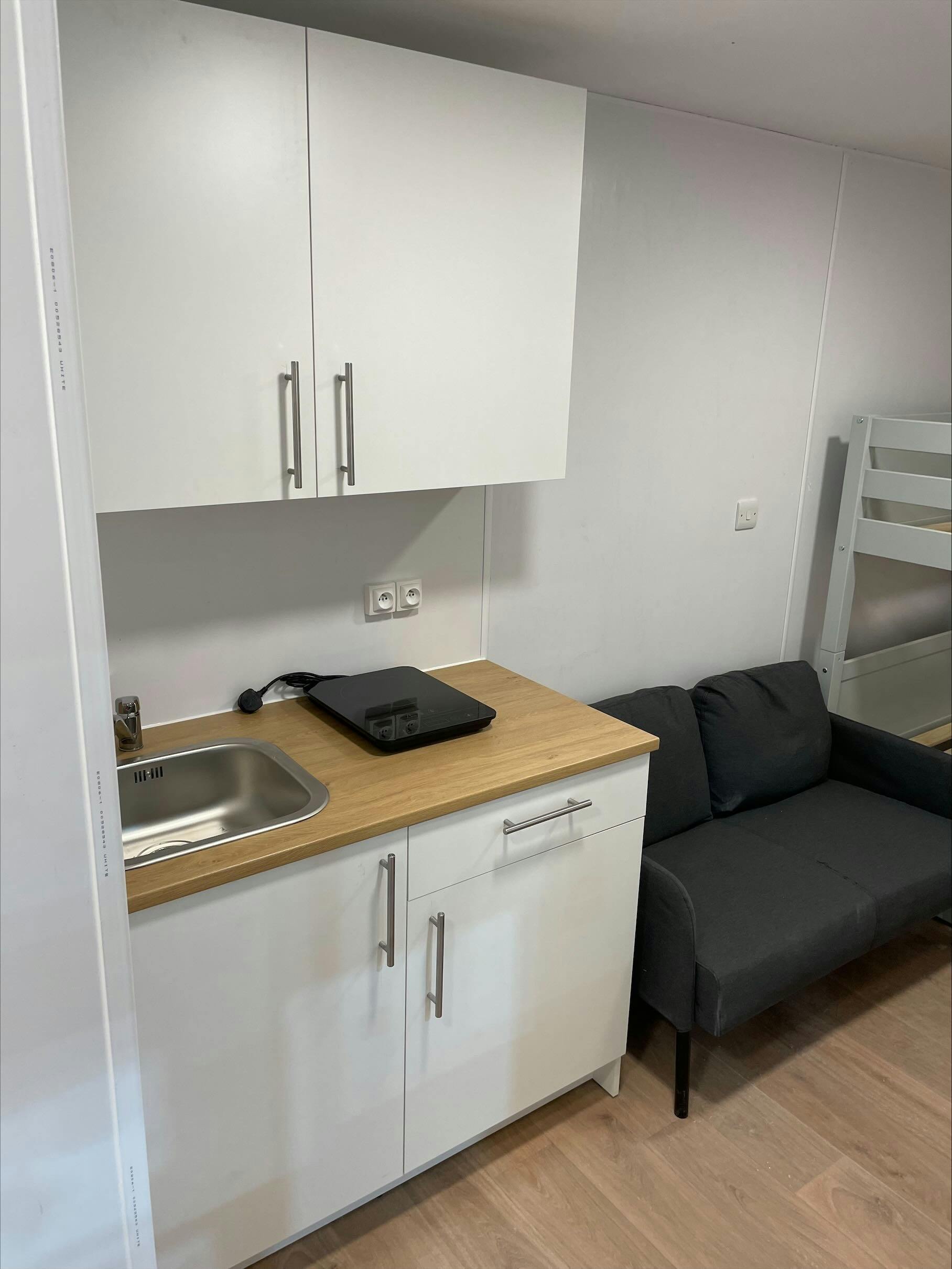The project
Re:Haus Aid is a registered Community Interest Company working with global and local charities to provide safe, secure, robust, and warm relocatable accommodation pods for people who have been displaced due to armed conflicts or natural disasters.
Stelling Properties, one of the UK's leading modular development and construction companies, has designed and is manufacturing one model of the accommodation pods. The company is providing its services free-of-charge and the material has been sourced through donations and sponsorships.
"Charities all over the world are being overwhelmed by the need of the many people fleeing wars and natural disaster areas," explains Maddie Podstada, project co-ordinator at Re:Haus Aid. "Without the support given by companies like Stelling and their industry expertise, we would not be able to help so many people so quickly."
The challenge
Millions of people are fleeing their country every year because of armed conflicts or natural catastrophes and many more are displaced within their countries.
Tens of thousands pass through refugee camps every day. Safe and comfortable accommodation is scarce. Employees at Stelling Properties came up with the idea for a special accommodation pod for Re:Haus and asked their employer for permission to spend some time on the design of the prototype and the proof of concept, which was granted.
This project is different from the modular construction Stelling is usually involved in, in more than one aspect. There was no existing blueprint for the design of the pods. They had to be relatively lightweight and easily transportable in shipping containers, as well as strong and durable enough to withstand different climatic conditions while providing comfortable temporary homes.
The solution
Stelling designed an accommodation pod that takes only a maximum of ten days to manufacture and can be installed at its destination in less than two hours. The pods are fully fitted and just need to be connected to services like power and water when they arrive on site. The internal configuration of the 11m2 space is very flexible with enough room to sleep two adults and two children, a bathroom, and a kitchenette.
The pod has been designed to withstand temperatures from -20 to 30°C. To maintain a comfortable living temperature inside, the pod has been insulated with ROCKWOOL® RWA45 75mm. This helps to minimise thermal loss in colder conditions, as well as thermal gain in a hot summer.
ROCKWOOL RWA45 has been developed for thermal, acoustic and fire performance. The slabs are easy to handle and to install. RWA45 has the highest reaction to fire classification of Euroclass A1 and is noncombustible. It is a durable insulation solution which will maintain high performance over the lifetime of the building.
"We have been working with ROCKWOOL insulation products for many years and knew from experience that ROCKWOOL RWA45 was the right insulation for these pods," said Jordan Griffiths, project engineer at Stelling Properties.
The result
When first exhibited in London, the units received very positive feedback. They are well-designed and provide a dignified and comfortable living space, not only for displaced people, but also for aid workers who typically sleep in tents or even in their cars.
Initially designed purely as accommodation spaces, based on feedback, some of the pods have subsequently been reconfigured for use in many other ways, including GP surgeries, washrooms and community rooms.
When the temporary accommodation is no longer required, the pods can easily be removed and relocated to another area where they may be needed.
Re:Haus Aid, Stelling Properties
Re:Haus Aid, London







